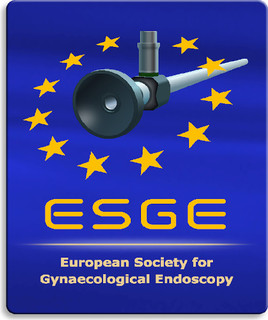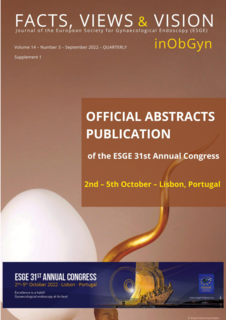Horizons in Endometriosis: Proceedings of the Montreux Reproductive Summit, 14-15 July 2023
Endometriosis, prevention, biomarkers, classification, fertility, menopause, artificial intelligence, diagnosis, treatment
Published online: Apr 11 2024
Abstract
Endometriosis is a complex and chronic gynaecological disorder that affects millions of women worldwide, leading to significant morbidity and impacting reproductive health. This condition affects up to 10% of women of reproductive age and is characterised by the presence of endometrial-like tissue outside the uterus, potentially leading to symptoms such as chronic pelvic pain, dysmenorrhoea, dyspareunia, and infertility. The Montreux summit brought a number of experts in this field together to provide a platform for discussion and exchange of ideas. These proceedings summarise the six main topics that were discussed at this summit to shed light on future directions of endometriosis classification, diagnosis, and therapeutical management. The first question addressed the possibility of preventing endometriosis in the future by identifying risk factors, genetic predispositions, and further understanding of the pathophysiology of the condition to develop targeted interventions. The clinical presentation of endometriosis is varied, and the correlation between symptoms severity and disease extent is unclear. While there is currently no universally accepted optimal classification system for endometriosis, several attempts striving towards its optimisation - each with its own advantages and limitations - were discussed. The ideal classification should be able to reconcile disease status based on the various diagnostic tools, and prognosis to guide proper patient tailored management. Regarding diagnosis, we focused on future tools and critically discussed emerging approaches aimed at reducing diagnostic delay. Preserving fertility in endometriosis patients was another debatable aspect of management that was reviewed. Moreover, besides current treatment modalities, potential novel medical therapies that can target underlying mechanisms, provide effective symptom relief, and minimise side effects in endometriotic patients were considered, including hormonal therapies, immunomodulation, and regenerative medicine. Finally, the question of hormonal substitution therapy after radical treatment for endometriosis was debated, weighing the benefits of hormone replacement.



